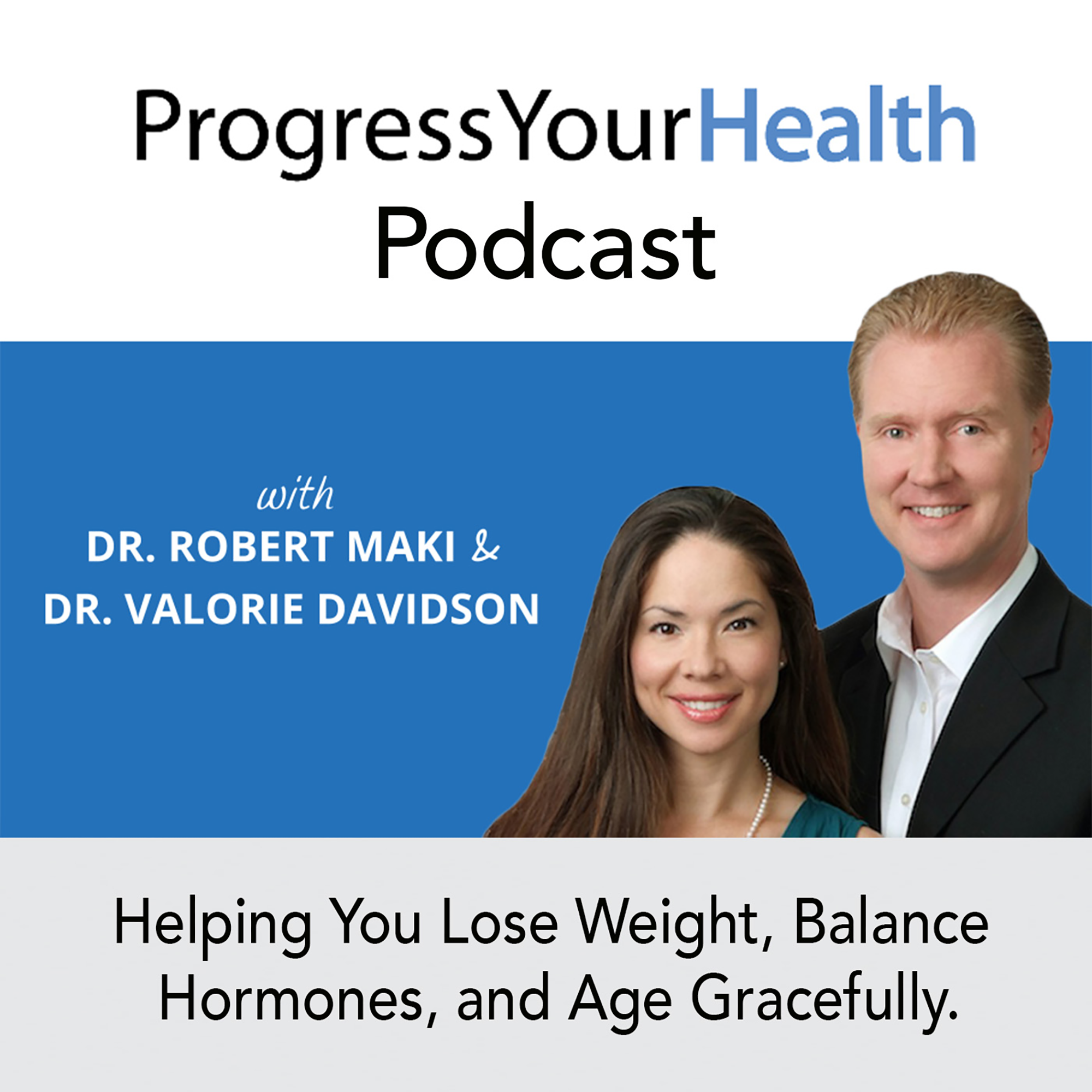Does Progesterone Help With Perimenopause? | PYHP 111

b'Amanda\\u2019s Question: I\\u2019m 41. I have regular periods every 35 days. I have some anxiety, tiredness, stress, but I do work a lot. I don\\u2019t have trouble sleeping, but my doctor checked my serum progesterone level, and at day 21, it was .5. She said it was low. She had prescribed me oral 200 milligrams a day of compounded progesterone. I work at a job that requires 24-hour shifts twice a week. I\\u2019m trying to verse myself in information about this replacement therapy and if this is the right way for me to take progesterone therapy. She told me to just not take it on the days that I work, but I\\u2019m concerned with things that I read about replacement therapy and increased mood issues and anxiety. I don\\u2019t think I could deal with those any worse than I have than what I have. Can you please tell me if I\\u2019m on the right path as I\\u2019m scared to begin this therapy? Thanks, Amanda.\\nShort Answer:\\xa0When women enter their early to mid 40\\u2019s, they typically stop ovulating, but continue to have periods. This lack of ovulation usually causes a significant drop in progesterone levels and can lead to many unwanted symptoms of perimenopause. Taking oral, bioidentical, sustained-release progesterone is a simple, but effective way to help deal with many of the unwanted symptoms. We typically start a patient on 100 mg of sustained-release Progesterone and they can increase to 200 mg later if needed. Some women may even need to cycle the progesterone dose. For example, taking 100 mg (1 capsule) from Day 1 to Day 13 of the cycle and then increase to 200 mg (2 capsules), from Day 14 back to the period.\\nPYHP 111 Full Transcript:\\nDownload PYHP 111 Transcript\\nDr. Maki: Hello everyone. Thank you for joining us for another episode of the Progress You Health podcast. I\\u2019m Dr. Maki.\\nDr. Davidson: And I\\u2019m Dr. Davidson.\\nDr. Maki: We mentioned in the last couple of times on the podcast, you actually have a book coming out, The Perimenopause Plan. It should be out probably within the next, I would say, probably the next couple of weeks to the next month or so.\\nDr. Davidson: Depending on when we post this podcast. It\\u2019s all written. It\\u2019s just having a little bit of issue trying to make it look pretty- the design process.\\nDr. Maki: Yeah. It should be fun. We\\u2019re excited about. It\\u2019s going to be published in Amazon as an e-book. Perimenopause is something that we deal with all the time and it was definitely a- I know you like to write. You\\u2019ve always been the writer. That\\u2019s always been your forte for the most part so we\\u2019re definitely excited about that. We\\u2019ll keep you up to date on that. Now, diving in, we have again more questions. We just have lots and lots of them. So, hopefully, if everyone keeps sending us emails with their questions that I\\u2019m assuming that the questions that we\\u2019re answering, people are finding some value or enjoying the questions because we just keep getting more of those. So, hopefully, it\\u2019s not getting stale or we don\\u2019t want to be boring'